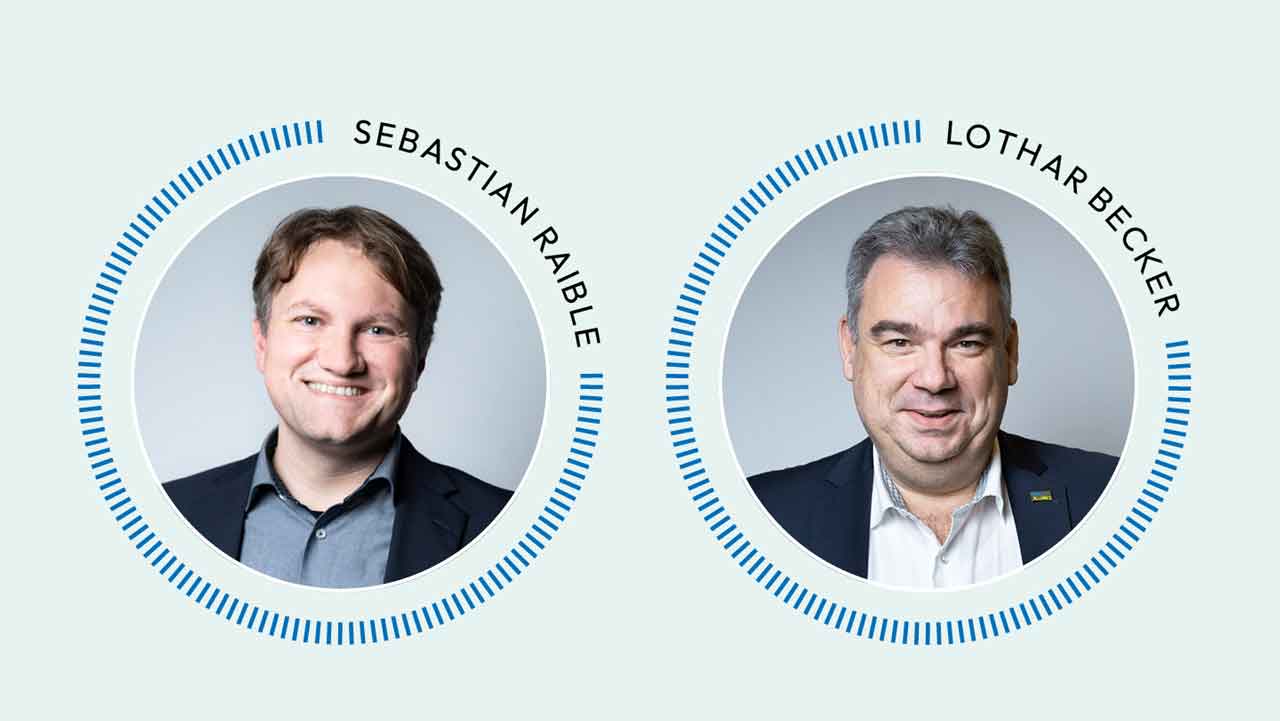Dependencies on individual providers or non-European technologies have made us in Europe clearly aware in recent years of how vulnerable we have become. Supply chains, energy supply, IT security – everywhere it becomes apparent: the ability for self-determination and to shape our own digital infrastructure determines economic strength and political capacity to act. Especially now, in a time of geopolitical tensions and growing digital dependencies, this ability is more important than ever. At the same time, it must be noted: compared with the rest of the world, we are lagging behind when it comes to digital technologies. Only if Europe now consistently relies on open technologies can we accelerate innovation, build trust, and overcome digital fragmentation. As long as individual manufacturers control proprietary interfaces, Europe will remain on the digital sidelines.
Open source software guarantees transparency, reduces dependencies, strengthens European value creation, and ensures that taxpayers’ money is invested sustainably. Every euro that flows into open source software can remain effective in Europe – because it does not flow into licence fees, but can be invested locally in further development, support and innovation. International and national open source associations have therefore been in continuous dialogue with European institutions, national governments, and companies for years. By now, terms such as “independence from manufacturers” or “digital resilience” hardly need explaining anymore – rather, they are part of the political debate and of digital culture. Also, within the framework of legislative procedures for regulating digitalisation at the EU level, much has been achieved for the open source community. A key lever for accelerating the introduction of open source software and hardware lies in public administration or procurement. Open standards and technologies must be made mandatory there. Therefore, a core demand of both APELL, the European Open Source Business Association, and of the German Open Source Business Alliance (OSBA) is that the public sector should rely 100% on open source by 2035. The administration can take on a pioneering role here and build a European open source ecosystem.
OSPOs as gamechangers
When it comes to Europe’s technological sovereignty, however, European industry also bears responsibility. Companies can translate open source into concrete solutions, integrate open standards into products, and accelerate innovation. But why has the industry been slower than the public sector so far? Much of it is due to a certain “resistance to change”. Managers still ask two initial questions when it comes to open source: Who bears liability? And: How can business secrets be protected? Above all, in medium-sized companies, there is a great fear of giving away know-how. A decisive instrument for the structural spread of open source (not only in companies) are Open Source Programme Offices (OSPOs). They find answers to these questions, pool knowledge, coordinate the use of software as well as hardware, and ensure that not only consumption takes place, but also giving back. With OSPOs, however, openness becomes a strategic element – and that changes everything. Openness does not mean that companies have to disclose their business model – on the contrary: it opens up new possibilities, from cost-sharing to innovation partnerships, right through to additional sales arguments.
Lighthouse logistics
A lighthouse for a fundamental change towards more open source is logistics, with the Open Logistics Foundation as a trailblazer. Here, companies that otherwise compete with one another work together on a joint open infrastructure. Competition no longer occurs at the level of basic functionalities, but rather at the level of services built upon them. This model builds trust – and demonstrates how cooperation across process chains can succeed. This is exactly how Europe must think of its digital infrastructure: not in silos, but in open platforms that benefit everyone.
Digital fragmentation in Europe is not a law of nature. Open standards, open source, clear political direction and the active involvement of industry can secure for Europe the digital sovereignty that we so urgently need. Every day of hesitation increases dependence on non-European technologies. Every step towards openness, on the other hand, strengthens Europe – economically, technologically and socially. It is time for decisive action.
About the authors
Sebastian Raible is Head of EU Relations at APELL – Association Professionnelle Européenne du Logiciel Libre. – www.apell.info
Lothar Becker is Chair of the OSBA (Open Source Business Alliance). – www.osb-alliance.de.
APELL and OSBA are Network Partners of the Open Logistics Foundation.




